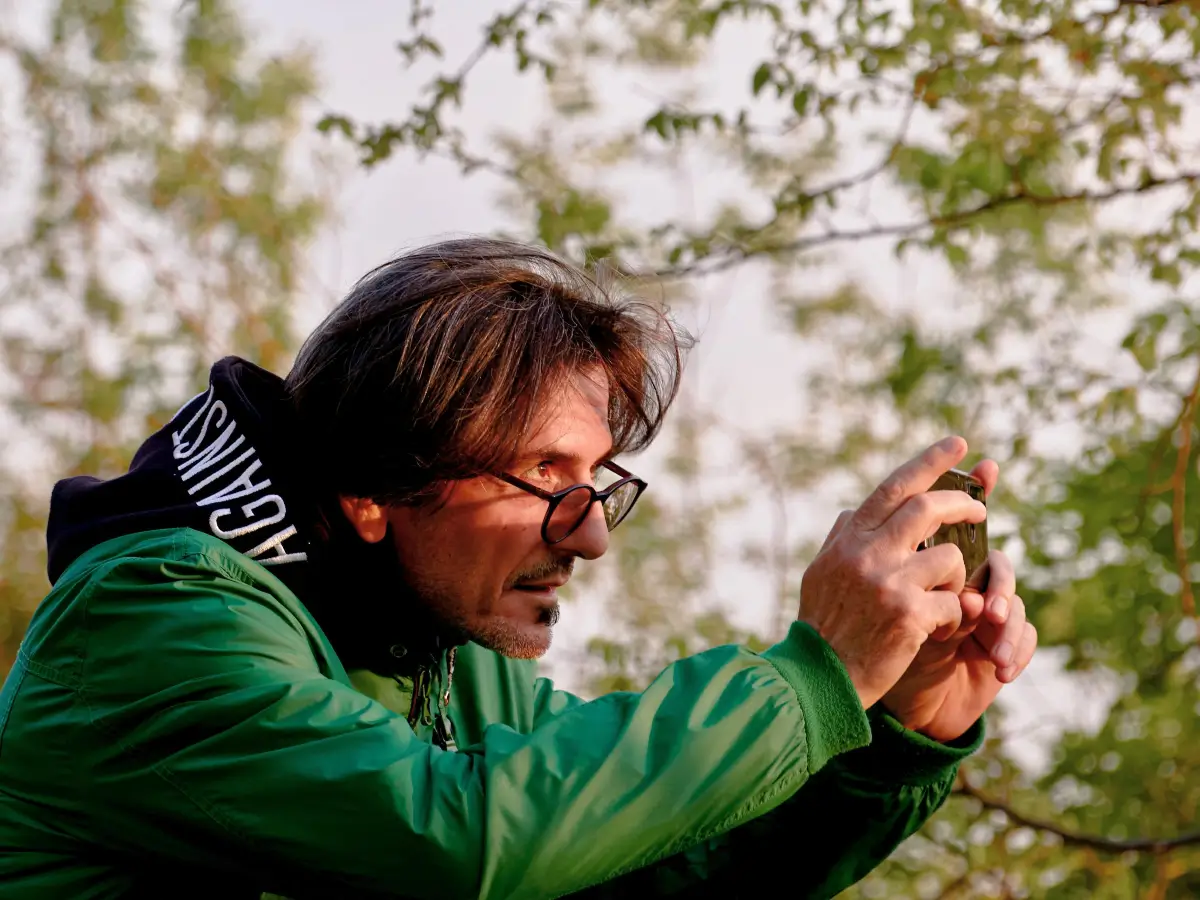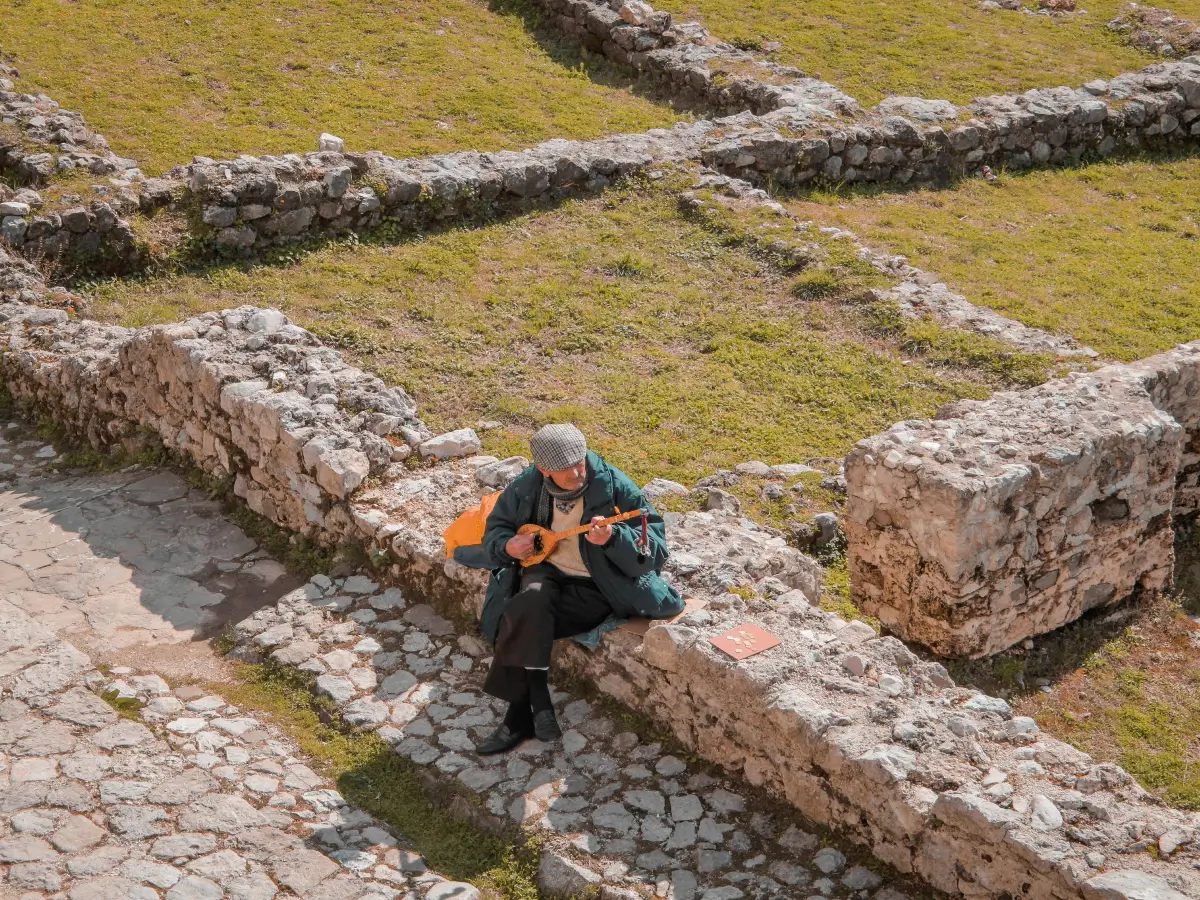Albanian culture is deeply rooted in tradition. While the country has changed rapidly over the past decades, certain values remain constant — passed down through generations, shaping everyday life and national identity.
Three of the most defining traits among Albanians are loyalty to family, the code of hospitality, and strong national pride. These are not abstract ideals. They influence how people live, relate, work, and see themselves in the world.

Family as the foundation of society
In Albania, the family is the central unit of trust, security, and identity. Unlike in many Western countries where independence is emphasized, Albanian culture centers around closeness and shared responsibility.
Children often live with their parents well into adulthood, and multi-generational households are common. Family members support each other emotionally and financially — not only during childhood but throughout life.
Sons and daughters are expected to care for their parents as they age. A family’s reputation carries significant social weight, and decisions like marriage, education, or migration are rarely made without group discussion.
In rural areas, family ties are even stronger, with clans or extended networks influencing land, business, and conflict resolution. Loyalty to family sometimes even outweighs loyalty to law or institution.
Hospitality as a moral code
The Albanian tradition of hospitality is not based on etiquette — it is rooted in the moral obligation to protect and honor a guest. This is part of the ancient concept of besa, which demands trust and respect be shown to anyone who enters your home.
Guests are treated with generosity, regardless of wealth. A simple household will still offer food, drink, and comfort to visitors. There is no rush to end a visit, and declining a coffee or meal can be seen as impolite.

Hospitality in Albania includes:
-
Welcoming strangers as if they were family
-
Offering the best food and drink, even at personal cost
-
Refusing payment or gifts for acts of kindness
-
Ensuring a guest feels safe, respected, and cared for
-
Extending protection even to former enemies when under one’s roof
This value is strongest in mountain and rural communities but is present throughout the country. It also applies to foreigners, who are often surprised by how open and generous Albanians are with time, conversation, and invitations.
National pride that transcends politics
Albanian identity has been shaped by centuries of occupation, isolation, and struggle. As a result, national pride runs deep, not only in official symbols like the flag or anthem, but in daily expressions of culture and belonging.
Albanians are proud of their language, which is unrelated to neighboring Slavic or Greek tongues. They are proud of historical figures like Skanderbeg, of their survival through communism, and of the contributions of Albanians abroad.
This pride is not just symbolic. It’s seen in how people talk about their villages, their food, their music, and their way of life. Even in the face of poverty or migration, Albanians carry a strong belief that their culture is valuable and unique.
Pride can also show in a protective attitude toward the country — whether in defending its image internationally or standing up for its values at home.